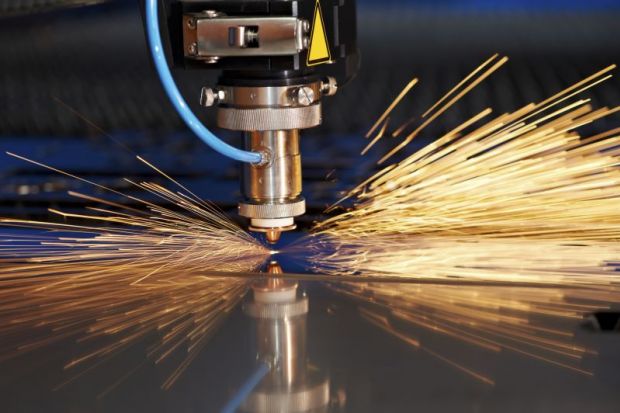China has launched a science and innovation plan that highlights just how heavily it is relying on research and development, both in and outside universities, for future economic growth.
The document, released by the State Council on 8 August, confirms plans to increase spending on R&D to 2.5 per cent of gross domestic product by 2020, up from 2.1 per cent in 2015.
By contrast, the UK spent just 1.7 per cent of GDP on R&D in 2014, which is lower than most other rich countries.
Germany spent 2.9 per cent in that same year, while the US managed 2.7 per cent in 2012, according to data from the Organisation for Economic Cooperation and Development.
As the Chinese economy slows from the double-digit growth it often experienced in the past decade, more than half of growth is now driven by technological improvements, compared with just 21 per cent in 2010, according to the State Council plan.
The plan envisages that by 2020 this will have risen to 60 per cent, according to the Xinhua news agency, and the number of patent applications is expected to double between 2015 and 2020.
“Knowledge-intensive” services will also make up a fifth of the economy by 2020, up from less than 16 per cent last year, the plan states.
The plan calls for the country to create a “new generation of information technology” and “intelligent manufacturing and energy”.
It also says that China should “take the lead in organising international big science plans and programmes” and strive to lead the world “in more advanced basic fields and make breakthroughs in more strategic fields”.
Meanwhile, Beijing and Shanghai should build science and technological innovation centres with “international clout”, the plan says. It also calls for improved public scientific literacy as well as the “popularisation” of science.
Register to continue
Why register?
- Registration is free and only takes a moment
- Once registered, you can read 3 articles a month
- Sign up for our newsletter
Subscribe
Or subscribe for unlimited access to:
- Unlimited access to news, views, insights & reviews
- Digital editions
- Digital access to THE’s university and college rankings analysis
Already registered or a current subscriber? Login







